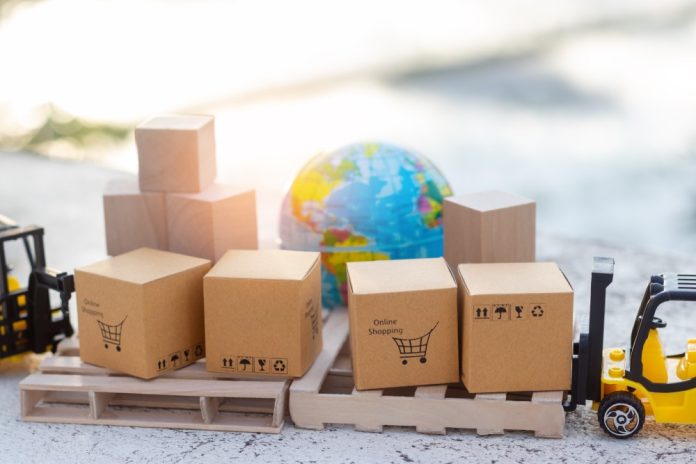Moving internationally brings with it new experiences, new opportunities, and new cultures. But it also brings a new financial structure you’ll need to get your head around.
Moving abroad? It’s one of life’s most exciting experiences. But amidst the thrill of embarking on a new adventure, it’s crucial to take a step back and think about money matters because overlooking the financial implications of an international move could be your downfall.
From setting up a budget to understanding banking in a new country, we’re discussing how to make your financial transition as smooth as the physical one.
Budgeting
First, let’s talk basics because moving internationally isn’t just about hopping on a plane.
Worldwide moves involve a myriad of costs right from the get-go:
- Visa Fees
- Flights
- Shipping Belongings
- Housing
So, what’s the solution to handling these expenses?
Creating a detailed budget is your first step to financial clarity. It should include everything from big-ticket items like international removals to the daily pint of milk.
And, because life loves a curveball, adding a contingency fund for unexpected costs will keep you covered for those “just in case” moments.
International Removals: A Key Component of Your Budget
One of the biggest expenses? Moving your stuff.
Choosing the right international removal service is like picking the right travel buddy: it must be reliable and well-suited to your needs and budget.
The cost will vary depending on how much you’re taking and how far it’s going. Smaller shipments might be better off in air freight, while more significant house moves typically go by sea. And remember, the more you take, the more it costs, so now might be the time to declutter.
Head over to Multitra, your partner for your international removal, for excellent quotes to get you started.
Banking
Banking. A necessary evil of good money management.
Setting up a bank account in your new country is crucial for managing your finances smoothly. The process varies from country to country, but generally, you’ll need:
- Identification
- Proof of address (could be new or old)
- And sometimes a minimum deposit.
Explore international banking options.
Multi-currency accounts and digital banks offer flexibility for those living a global lifestyle. And when it comes to handling different currencies, a little research goes a long way. Look for options with favourable exchange rates and low conversion fees.
And Beyond
Beyond budgeting and banking, financial planning in a new country is all about achieving stability.
Here are our best tips to help:
-
Build a Support Network
Connect with local expat communities and financial advisors online or in person.
-
Stay Informed
Read local news regularly and follow blogs, like here, dedicated to finance.
-
Understand Tax
Research your tax responsibilities in your new country and how they might affect your income.
-
Optimise Your Banking
Explore local banks and compare their services to find the best fit for your financial activities.
-
Learn About Investment Opportunities
Investigate local investment options and consider how they fit into your long-term financial planning.
-
Manage Your Credit
Understand how your new country’s credit system works and start building a local credit history early.
-
Plan for Healthcare
Get a clear understanding of the healthcare system and insurance options.
-
Budget for Living Costs
Adjust your budget based on the actual cost of living after moving.
-
Utilise Financial Management Tools
Use budgeting apps or financial planning software to keep track of your finances.
-
Seek Legal Consultation
Consult with a legal expert familiar with more complex situations.
Make Your International Move Easier
Moving internationally is a monumental task. But with some careful financial planning, it doesn’t have to be a stressful one.
By understanding the costs involved, choosing the right banking options, and continuously managing your finances, you can ensure a smoother transition.
If you’ve got any great tips or experiences, don’t hesitate to share them below.



 Bitcoin
Bitcoin  Ethereum
Ethereum  Tether
Tether  XRP
XRP  Solana
Solana  USDC
USDC  TRON
TRON  Cardano
Cardano  Lido Staked Ether
Lido Staked Ether  Avalanche
Avalanche  Toncoin
Toncoin